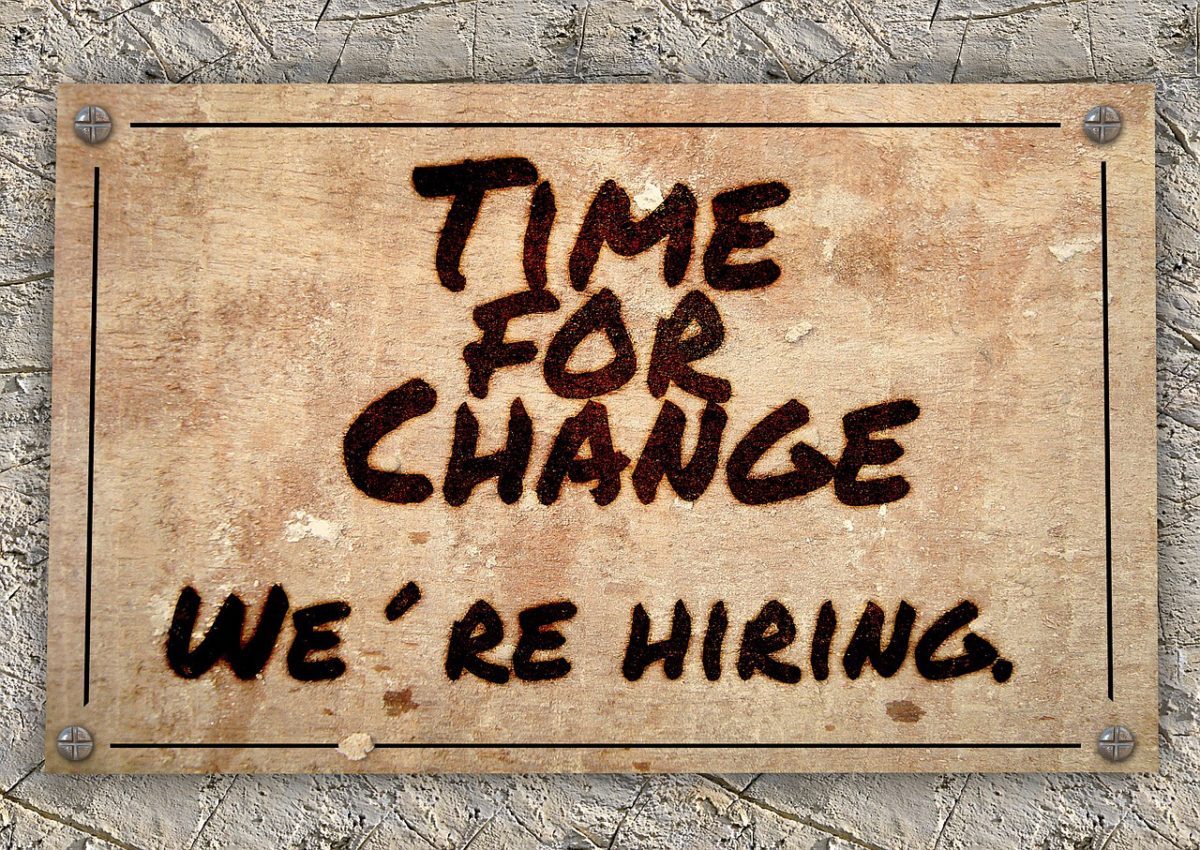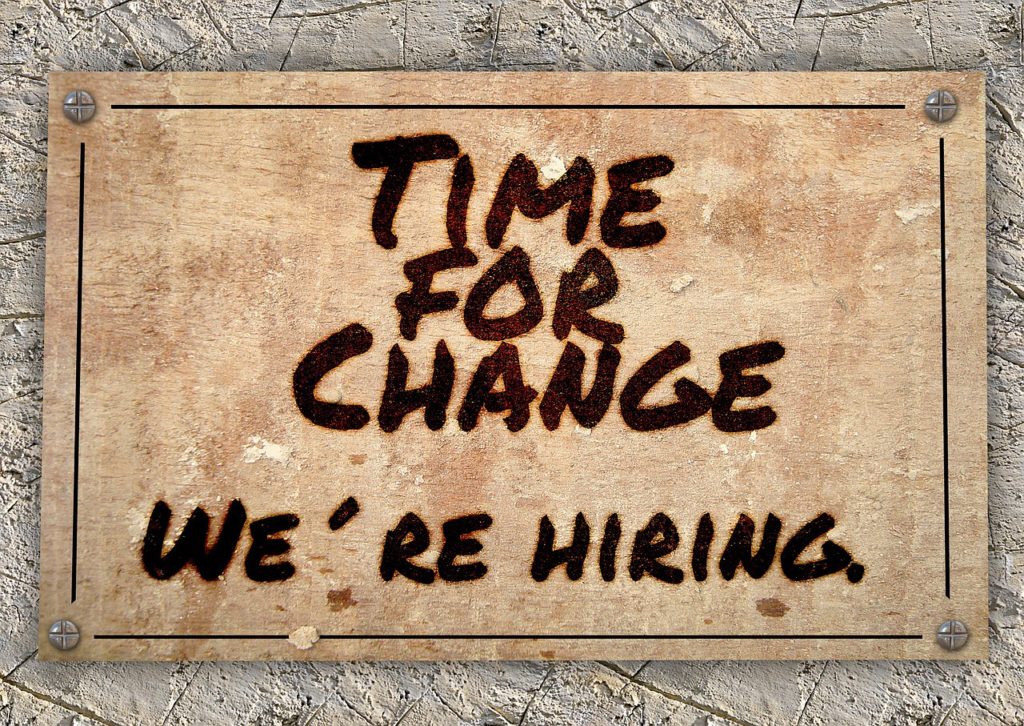

As we progress through 2011, and economies around the world are becoming healthier, the number of job opportunities is on the increase. With this there is also a steady shift towards a younger working population with increasing numbers of Gen-Y staff entering the workplace. Many companies are beginning to discover that traditional hiring and retention strategies are rapidly becoming ineffective and there is a growing gap between opportunities they offer and what new hires actually want. The term ‘career’ no longer carries the long-term tag it used to, and Gen-Y new hires are now much more mobile than in previous generations. As a consequence HR now faces not only staff retention challenges, but also pandering to the needs of new hires who are increasingly choosey about companies they wish to work for. Companies now have to work harder and smarter than ever before in order to attract and retain the right talent to their organisations. We interviewed Annie Cheung, Branch Manager, Adecco Personnel Limited, who has over nine years experience in the recruitment field, to get her views on recruitment trends.
Key recruitment trends
Aside from the standard trend of high turnover amongst Gen-Y, there are a number of important recruitment trends emerging within the region. Cheung highlighted that Q4 of 2009 saw a general upturn in the economy and in the number of jobs available; however, unemployment still remained relatively high. She noted, “There has been an increase in hiring activity across all major industries in Hong Kong, and going into next year, employers are likely to face a qualified-candidate shortage.”
Cheung pointed out that in Q2-Q4, 2010, there was an increase demand for mid to senior-level positions within the Logistics Sector compared to demand in 2009. In the Banking and Insurance industries, Cheung commented that companies have, and will continue to, become more aggressive in their hiring practices. Many companies have increased the number of recruitment open days they are hosting in an attempt to attract new talent. With the increasing competition for employees, particularly within in the Finance industry, potential employees are now demanding higher salaries. Cheung noted, “The current average wage [for frontline staff in the Finance industry], is around HKD10,000 per month, new hires and potential employees are demanding wages that are 10-15% higher than last year.”
One of the biggest changes has been witnessed in the Luxury and Retail Sector, with many planning to double the existing headcount in flagship outlets to cope with increased consumer demand. Cheung said, “This large increase is largely due to the increase in mainland Chinese tourists, who bring with them an incredible wealth...This increase in business and stores necessitates hiring more employees.”
Recruitment challenges for today’s HR
With HR battling it out, Cheung identified three key challenges for companies, often exacerbated for SMEs, in recruiting new talent. The first challenge is that HR is having an increasingly tough time finding not only suitably qualified and experienced candidates, but also in finding candidates that fit their organisation’s culture. The second challenge for HR is that even if they find the right candidates, they may not be willing to stay with the company long-term. The third challenge faced by HR is that companies are now having to update and adapt their corporate culture to best suit the changing requirements of the younger generations currently entering the workforce.
Recruiting and retaining new hires
How does an HR manager deal with a generation of employees who, according to Cheung, are already building a reputation for high turnover and lower patience levels within jobs. This is an issue that is becoming not only more common, but also rapidly becoming the most important issue for any HR manager to address. Cheung noted, “In order for any company to be successful, they need to be able to attract and retain not only the best talent, but talent that also fits with the company culture. With the large influx of Gen-Y employees, recruiting firms and HR managers have had to change the ways they attract employees.” Cheung recommended several strategies that HR managers can adopt to help ensure efficient recruitment and employee retention—especially among Gen-Y.
1. Pre-recruitment phase
There are a number of things HR managers can do in the pre-recruitment and recruitment phases of hiring to ensure the best candidates are hired. Cheung highlighted, “Companies need to spend money on ensuring they build a well-known, reputable brand that will help drive employees to them. HR also needs to have a roadmap on how to develop new hires, show potential employees where they could be in five years.” HR must also guide employees as to the best routes via which they can achieve self-development. Cheung also pointed out that this is incredibly important for SMEs—as this is where the majority of new hires will begin their careers. Without a well-established brand to stand behind, Cheung warned companies that they would have a hard time retaining employees, leading to higher turnover and ultimately resulting a negatively-branded corporate image.
HR managers should also be aware of what factors attract Gen-Y to come and work for the company. Cheung suggested, “Most of Gen-Y have a fairly straightforward mindset. They believe that if they work hard, they will have increased chances for advancement within their company. They want the opportunity for personal and career growth through on-the-job training. They also tend to have less patience and will not want to stay as long as employees from previous generations.” Cheung advised HR to be mindful of these factors and to provide a consistent and clear ‘roadmap’ which is transparent to both new hires and line managers in more senior level positions. She also encouraged HR to ensure compensation and benefits offered were in line with, or slightly above, market rates.
2. Recruitment phase
Once companies have established their brand, there are a number of ways of recruiting new staff. Cheung noted that internal referrals, from existing staff members, have proven to be successful, as employees who are already established within the company know the culture, and will typically suggest candidates who are the right fit. Existing employees are also able to give down-to-earth explanations concerning the corporate culture in place. All this makes it easier for the referred employees to fit into the existing culture. Staff referrals, even where financial incentives are provided, are also significantly cheaper than traditional sources of hiring new staff. Cheung also noted the rising number of recruitment days which are being hosted by companies in the region, in particular in the Banking and Finance Sectors, which are currently aggressively recruiting new staff. Recruitment days typically attract from 50 to 200 jobseekers and provide an excellent opportunity to gauge the current market with face-to-face interaction with typical potential hires. In order to maximise attendance rates, Cheung advised HR to select dates for such recruitment days carefully to avoid clashing with similar events from other companies.
3. On-boarding phase
Once new employees have joined the company, there are a number of things HR managers should be doing to ensure that new hires are a good fit and to help maximise retention. Cheung outlined a four-point retention strategy.
Ensure new employees have a clear view of both company branding and culture—this will help them adapt to the existing corporate culture.
Work closely with employees and engage them with lots of questions. Ask for their opinions and suggestions on problems and issues. Cheung said, “Be sure to allow Gen-Y to make mistakes, and show them that it is alright to make mistakes. When mistakes have been made, be sure to show them the way to fix the problems and involve them in the problem solving.”
For SMEs, Cheung suggested that HR should maintain consistent training and development opportunities within the company. She advised having a development or mentoring programme that allows new hires to experience different roles which will encourage staff to stay longer-term in the company.
In order for SMEs to attract and retain the best talent among the younger generations, companies should adopt a flatter organisation structure and encourage and foster close relations between employees and their managers.
Cheung summed up, “Ensure you give a clear career roadmap to employees and give them a way to succeed.”
Outsourcing vs in-house
The great debate still rages as to whether outsourcing all or some of your recruitment needs is a better strategy than keeping everything in-house. Cheung, as a recruiter, pointed out, “Outsourcing your recruitment can be a cost-effective and efficient way to achieve your hiring needs. There can be a cost and time savings, as most recruitment companies focus on the administration work.” This is a good option for HR managers in SMEs, as they tend to have lower headcounts within HR, and frequently don’t have sufficient resources in HR to run extensive hiring processes. Cheung added, “By using a recruiting firm to hire new staff, HR managers can free up valuable time to focus more on existing staff.” For organisations that do already, or are planning to, employ recruiting firms to handle their hiring process, Cheung gave a number of suggestions on what HR can do to make the process easier and more efficient.





